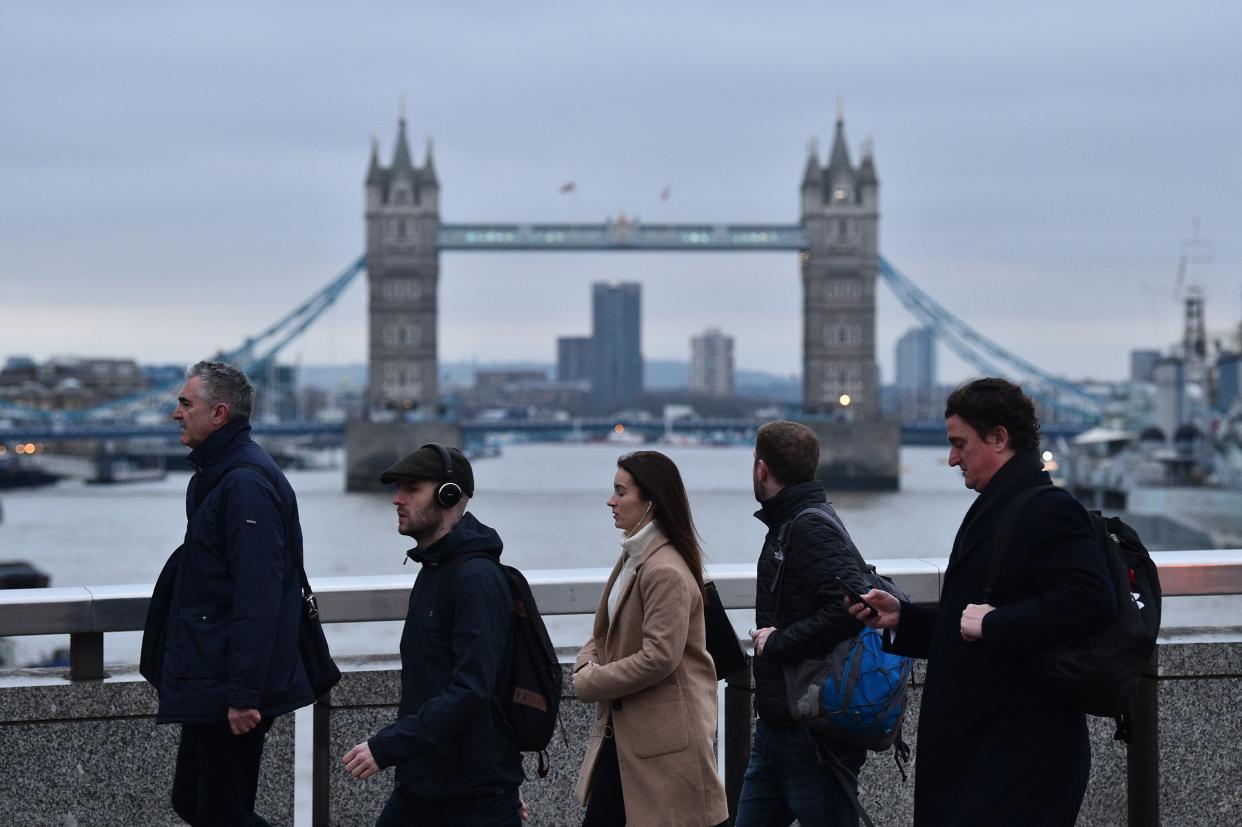Energy, clothing, and airfares drive surprise jump in inflation

The UK inflation rate climbed to a six-month high of 1.8% in January, largely driven by energy, clothing, and airfare prices.
The year-on-year jump in prices, which was larger than analysts had forecast, will ease pressure on the Bank of England, which has held interest rates steady in the face of stubbornly low inflation levels.
The Office for National Statistics (ONS) said on Wednesday that gas and electricity prices, the cost of fuels and lubricants, clothing prices and airfares were the largest upward contributors to the surge in the consumer price index in January.
“The rise in inflation is largely the result of higher prices at the pump and airfares falling by less than a year ago. In addition, gas and electricity prices were unchanged this month, but fell this time last year due to the introduction of the energy price cap,” said Mike Hardie, the head of inflation at the ONS.
December’s sluggish 1.3% inflation rate, the lowest since 2016, was one reason that the Bank of England had been expected to cut interest rates at its January meeting.
Price stability is one of the core mandates of the bank, which has a 2% inflation target.
But seven of the bank’s nine-member monetary policy committee (MPC) voted to leave its benchmark interest rate unchanged. Two external members, Michael Saunders and Jonathan Haskel, voted for the third time in a row to lower rates.
Traders and analysts had been split on whether the Bank of England would cut interest rates, making the decision one of the most eagerly awaited in years.
The strong January inflation will reduce the chances that the bank will cut interest rates in the short term, said Samuel Tombs, the chief UK economist Pantheon Macroeconomics, noting that the 1.8% headline rate exactly matched the MPC’s forecast.
“The rise in both core and headline measures of inflation vindicates the Bank of England’s decision to keep interest rates on hold in January, said Debapratim De, a senior economist at Deloitte.
Separate house price data from the ONS revealed that house prices rose across all of the UK’s regions for the first time since February 2018 in December.
“Annual house prices grew across all regions of the UK, the first time this has happened in nearly two years, with London seeing its strongest growth since October 2017,” said Hardie.
Analysts have ascribed the jump in prices to December’s emphatic general election result, which injected short-term certainty to the UK economy.
Watch the latest videos from Yahoo Finance UK

 Yahoo News
Yahoo News 

